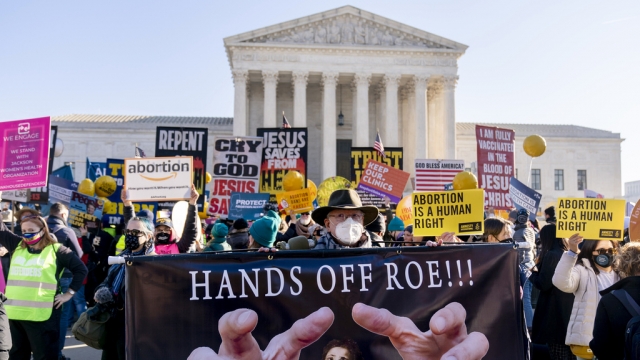Reproductive rights and policies regarding health care for childbearing have a significant impact on the economic future of both individuals and communities.
The Economic Policy Institute found that states where abortion bans take hold have historically had "intentionally constructed" economic policies with weak labor laws in underfunded areas with dysfunctional public services.
Sara Estep, an associate director with the Women's Initiative at the Center for American Progress, said the Congressional Budget Committee's hearing this week on the economic impacts of reproductive rights is "a huge deal."
"It's really important that we talk about this issue as an economic issue," Estep said. "Whenever women are forced to have children that they may not have wanted to have, it has profound economic effects on their lifespan."
SEE MORE: Families impacted by Alabama IVF ruling head to state capitol
This week, Republican Sen. Chuck Grassley of Iowa said, "Abortion, above all, is a moral and legal issue. Abortion is not an issue that lends itself to being looked at solely through an economic lens. After all, life is priceless."
For proponents of female reproductive rights, including for removing abortion bans, they see data showing how economic outcomes for mothers are negatively impacted.
A 2021 Women's Policy Research Center study found that restrictive abortion bans had a cumulative cost on state and local economies to the tune of around $105 billion.
"When women take time off of work it costs the district money — it can also prevent them from going to school," said Estep. "There are a lot of studies from the 1960s and 1970s that show that after Roe, there was an increase of 200% in Black women finishing college as a result of these policies. So, just think about the long and profound impact that finishing college could have on a person's lifespan."
The Economic Policy Institute found that unionization levels in states with abortion bans were half as high as they were in states that protected abortion rights. It also found that incarceration rates were 50% higher than those in states that protect abortion.
Trending stories at Scrippsnews.com



